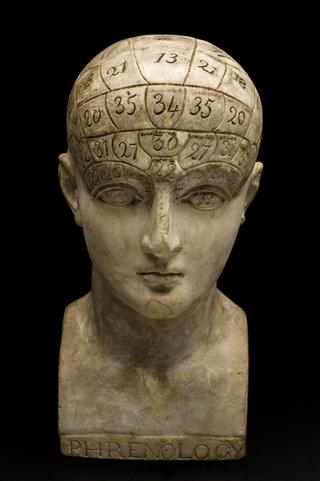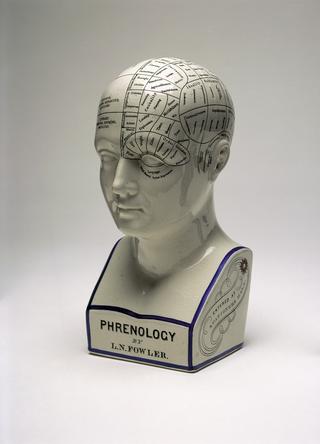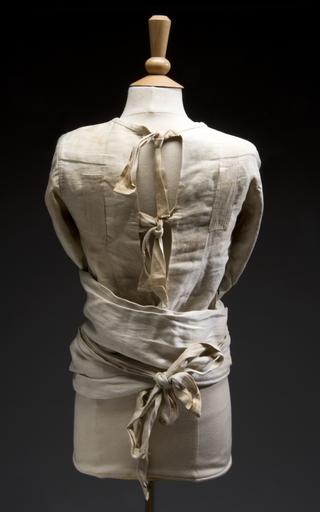
Psychometric Test, Chicago, United States of America, 1905-1915
- maker:
- C H Stoelting Company




Early intelligence test, consisting of a wooden form board with seven depressions (two rectangles, two circles, H, hexagon and an irregular four-sided figure), each to be filled with two or more coloured pieces, 1905-1915.
This wooden form board is a simple intelligence test. It consists of seven depressions: two rectangles, two circles, H, hexagon and an irregular four-sided figure to be filled with two or more coloured pieces. The test used shapes, not language. This made it appropriate for people with limited English language skills such as children or immigrants. The origins of this board are uncertain. However, the handwritten label indicates it was used by the B.P.S. This may refer to the British Psychological Society. It was produced by American manufacturer C. H. Stoelting and Company. It specialised in aptitude testing equipment. These included books, puzzles and mechanical apparatus.
Details
- Category:
- Psychology, Psychiatry & Anthropometry
- Object Number:
- 1994-1255/24
- Materials:
- wood (unidentified), plywood and paper (fibre product)
- Measurements:
-
overall: 40 mm x 500 mm x 375 mm, , 2.5kg
- type:
- psychometric test




